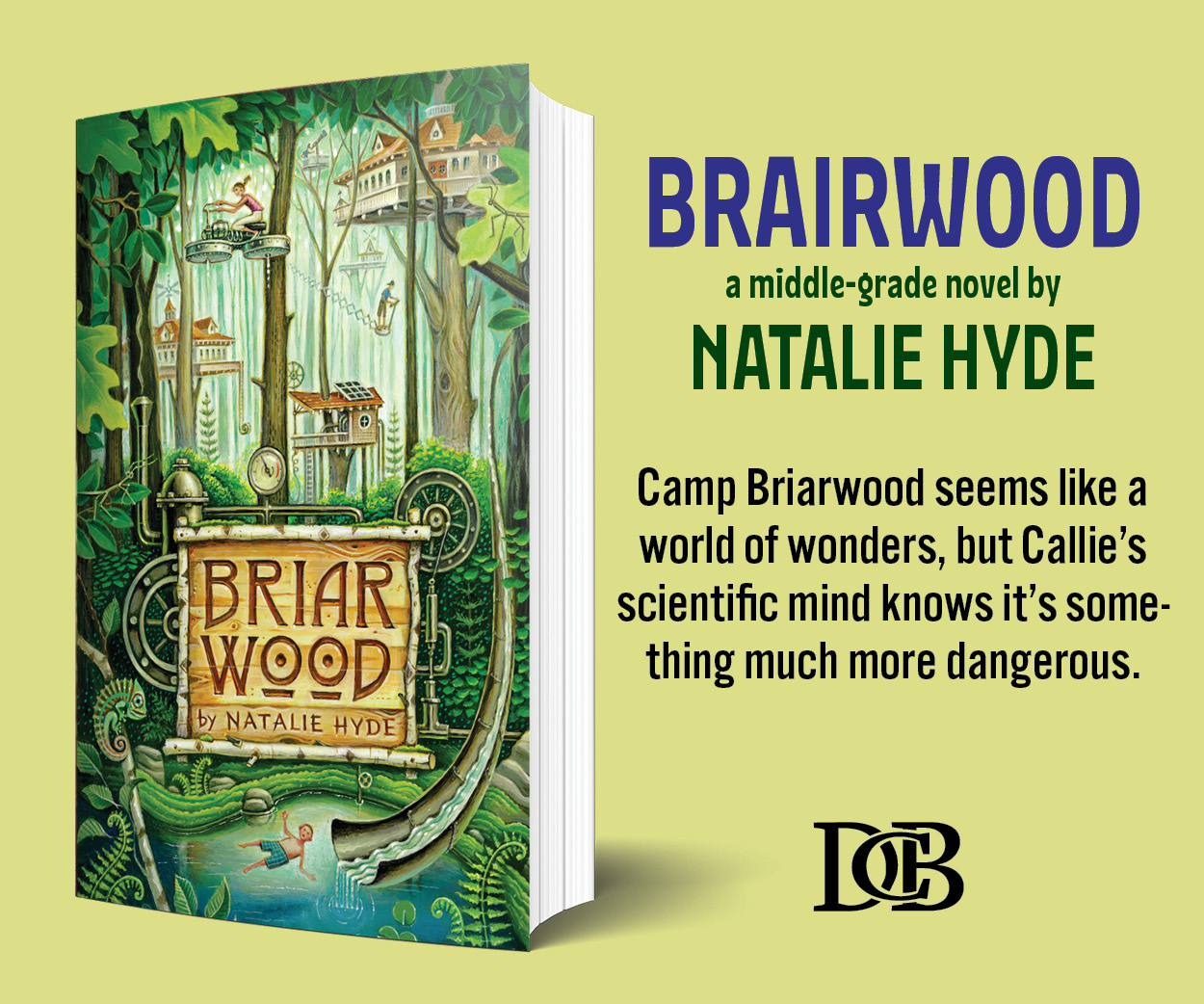Mother's Day
By Andrew Forbes
As people, as writers, we are often formed or directed by crystallizing moments in our lives, brief happenings which nonetheless persist in our minds, or which port some lesson, or confirm for us a suspicion about the way the world works, and what it has in store for us. I've been asked by well-meaning people why my stories tend, more often than not, to be sad ones. I usually reply “Presbyterianism,” but if I had to pick a single moment that informed the stories I write, I'd probably settle on Mother's Day, 1992.
I had approximately three-and-a-half minutes of fame, or anyway popularity, in high school. My parents had left to attend to some business back in the roost of my mother's family: Pictou County, Nova Scotia. My brother and sister, both older than me, were elsewhere, though I can't now say where. I decided to have a party, and word got out. By some miracle the cool kids came. Things got a little out of hand. Police were called, but a contingent of us met them on the main road, before the squad car could turn down my street and witness the full panorama of our teenage bacchanal – the thrown eggs which dotted every house but mine, the kids drinking on the roof. We stood by the curb, the cherries flashing on our faces, and one of the officers misguidedly attempted to meet us on our level. She asked, “Ever heard of Bryan Adams? 'Cause I got a feeling you're Waking Up the Neighbours.” Behind me, a kid named Todd whispered, “Ever heard of N.W.A.?”
It was, to that point in my life, the greatest Saturday night I'd ever known. Eventually things petered out, and only a few hardcore celebrants remained. I sat around with friends in the backyard, savouring my suddenly elevated status. We called into CHEZ 106 and requested "Under the Bridge" and they played it. We felt like celebrities, like little kings. Todd and a couple of other kids fell asleep in the front yard.
The next day was Mother's Day. Somebody must have realized that at some point, because when the sun rose and I began to survey the damage, it was obvious that a peculiarly teenage sort of guilt had overcome my party's attendees, and they'd sought to address it: the gardens of the homes on all sides of mine were stripped of their tulips and daffodils. They'd all been picked by drunken kids to be taken home to their moms. Only my parents' garden was spared, as cockeyed thanks for my hospitality.
I spent the day cleaning. I mopped. I vacuumed. I buried garbage bags full of bottles in the forest. My parents called.
It was Sunday, May 10, 1992, and the Maritimes were in mourning for a too-familiar occurrence. At around 5:00 Saturday morning the Westray Mine had exploded. My parents, en route that day in our Toyota Camry, hadn't initially heard anything, but as my mother would later tell it, once they crested Mt. Thom they lost radio signals from Halifax and began to scan stations from the north, and all they found was the unspeakably sorrowful sound of bagpipe music. After a time they caught a news report, and before long they arrived in Pictou, where my mother was born and had grown up, where we had spent great chunks of my childhood, where my grandfather had been deputy mayor and owner of a shoe store. It was the place that brought back my mother's accent whenever she spoke about it (and still does). Pictou is a community which has known an outsized share of tragedy, and on that day the people of Pictou were waiting on confirmation of yet another, the fates of 26 of Westray's miners as yet undetermined.
Monday morning came, and I was a bit benumbed. School felt different, the air charged in a new way. People who'd never before spoken to me were saying hello. Cool kids. Girls. In the weeks ahead they'd nod as we passed one another in the hallways. They'd laugh and refer to something that had happened at the party. They knew my name where before no one had.
It was, I think you can guess, a conflicting feeling. On the one hand: popularity! On the other: tragedy. The buoyancy I'd felt late that Saturday night, as intimations of my imminent social mobility wafted down on the soft night air, had been thoroughly tainted. It was as though I'd thrown a party to celebrate the deaths of 26 miners.
The particular Presbyterian worldview—the suspicion that anything good or wondrous or life-changing will inevitably be countered by something sombre and dour, or even tragic—had existed at my life's margins to that point, but over that weekend it had been rendered unmistakably real. It got to be such a discordant swirl of emotion that I found myself nearly relieved when, after a couple of weeks, my social status sank back to where it had begun. My anonymity felt earned.
But something stuck. In that specific nexus of personal victory and public grief, I located a feeling strange and awful and yet saturated with a curious hope, a comfortingly familiar heart-tug. It contained within it love and pain and history and guilt, and it's these things I have since recognized as the common ingredients to all the stories I've written. I don't have a succinct name for it, and I don't know precisely where it started (though I know it predates me by generations or centuries), but for me it happened to find its clearest elucidation on Mother's Day, and I've been trekking dutifully back to it ever since.
Your CanLit News
Subscribe to Open Book’s newsletter to get local book events, literary content, writing tips, and more in your inbox
The views expressed in the Writer-in-Residence blogs are those held by the authors and do not necessarily reflect the views of Open Book: Toronto.
The views expressed in the Writer-in-Residence blogs are those held by the authors and do not necessarily reflect the views of Open Book.
Andrew Forbes’s work has been nominated for the Journey Prize, and has appeared in The Feathertale Review, Found Press, PRISM International, The New Quarterly, Scrivener Creative Review, This Magazine, Hobart, The Puritan, All Lit Up, The Classical, and Vice Sports. He is the author of What You Need, a collection of fiction, and The Utility of Boredom: Baseball Essays. He lives in Peterborough, Ontario.


